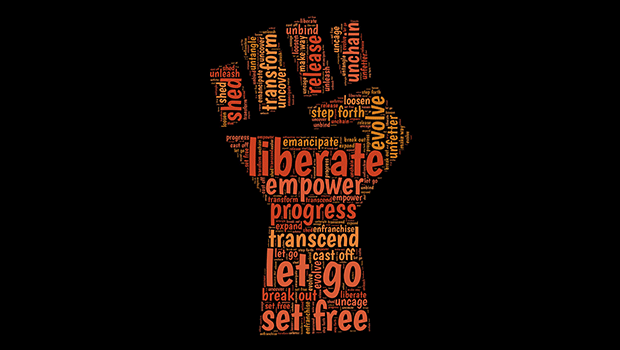In the quest for spiritual enlightenment and liberation, we often find ourselves searching for the unseen, the powerful forces that shape our existence. In this blog, we will explore the concept that God, the divine dimension, and the journey to liberation are all intertwined with the invisible aspects of our existence. By understanding the importance of escaping the desires of the mind, awakening our inner self, and practicing key principles, we can embark on a transformative journey toward attaining liberation.
The Invisible Power of God:
– God’s invisibility doesn’t diminish its power; in fact, it magnifies it. The omnipresence of the divine transcends the limitations of the physical world.
– The belief that God is an ever-present, guiding force in our lives underpins the pursuit of spiritual liberation.
Escaping the Desires of the Mind:
– To attain liberation, we must free ourselves from the chains of worldly desires. The mind often distracts us from our spiritual path.
– This gatepass to the divine dimension involves cultivating self-discipline and redirecting our focus toward the eternal rather than the temporal.
The Illusion of Reality:
– Everything we perceive in this world is an intricate illusion, a play of shadows and light. This perspective is central to many spiritual philosophies.
– When the “dhuriyam” awakens within us, we see through the illusion and gain insight into the deeper truths of existence.
The Tools of Liberation:
– Meditation: Practicing meditation allows us to connect with our inner selves, fostering self-awareness and spiritual growth.
– Compassion: A key component of liberation is cultivating empathy and compassion for all living beings, fostering a sense of interconnectedness.
– Surrender: Surrendering to a higher power or divine force is a fundamental step on the journey towards liberation.
– Prayer: Prayer serves as a means of communication with the divine, deepening our spiritual connection.
The Law of Karma:
– Our actions have consequences, often referred to as karma. Positive actions yield positive results, while negative actions lead to negative consequences.
– To cleanse our karmic slate and attain liberation, we must engage in acts of kindness and support for other living beings.
The Path to Selfless Liberation:
– Paradoxically, helping others is a means to help oneself. By assisting and supporting others, we cleanse our souls and draw closer to liberation.
– The act of selflessness, though it may appear as selfishness to some, ultimately leads to spiritual growth and freedom.
The Power of Good Deeds:
– The more good deeds we perform, the more we sow the seeds of positive karma. These actions reverberate and come back to us manifold.
– By doing good, we not only improve the world around us but also enrich our own spiritual journey.
Conclusion:
In the pursuit of divine liberation, we come to understand that the invisible aspects of our existence, from God’s omnipotence to the illusory nature of reality, hold immense power. Escaping the desires of the mind, embracing key principles like meditation, compassion, surrender, and prayer, and engaging in selfless acts all play a crucial role in our journey toward liberation. As we strive to do more good deeds, we not only impact the world positively but also ensure our own spiritual growth and ultimate liberation.

